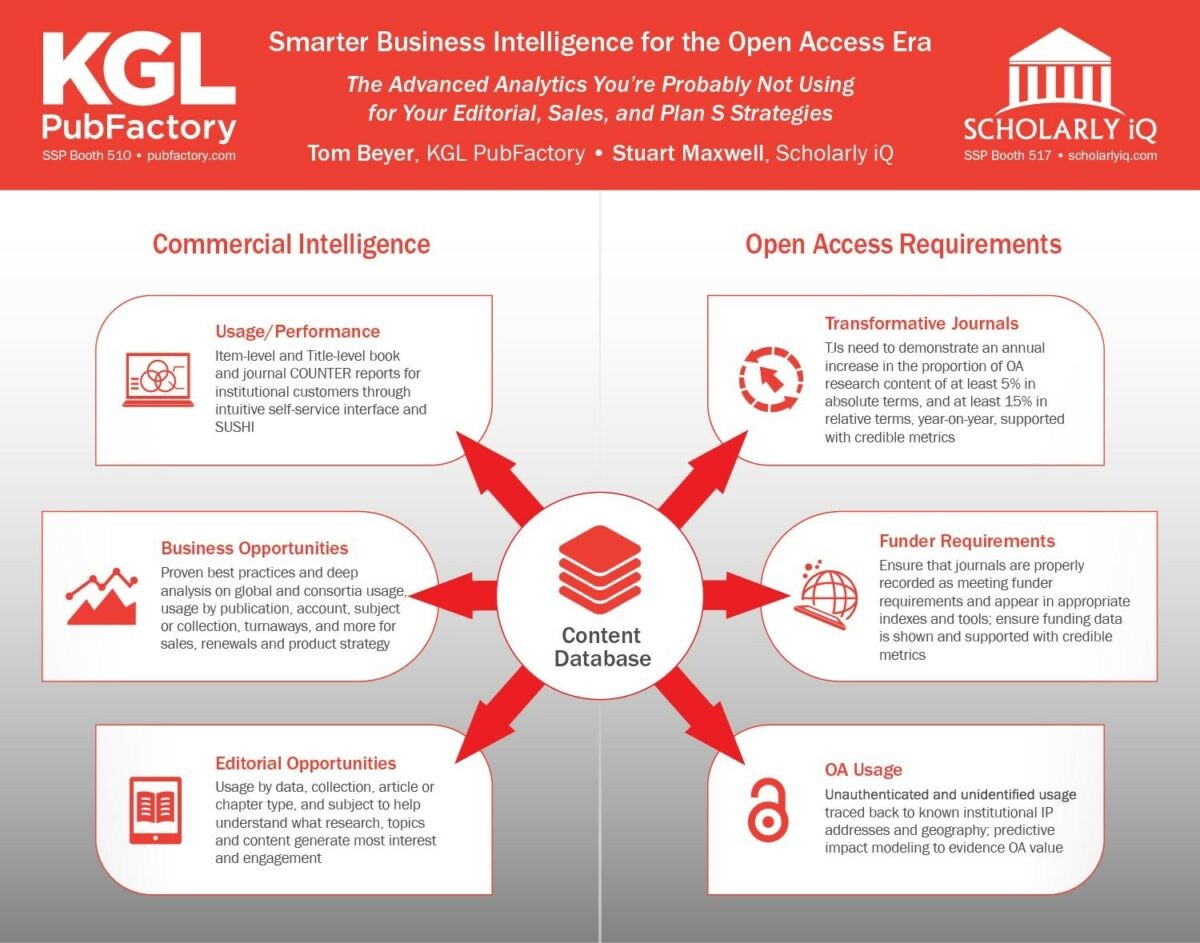
Looking to the year ahead once again, the KGL experts across book and journal publishing, scholarly and education markets, technology and business development, weigh in to highlight some of the industry trends we expect will be prominent in 2023.

Globalization is not, by any stretch of the imagination, a new trend. For decades, our world has steadily become more interconnected and, without doubt, this is a pattern that is set to continue long into the future.

For over a hundred years, the business of publishing academic journals has been sustained by the subscription model.

For Peer Review Week, KGL recently interviewed five scholarly journal editors and publishing professionals on the state of peer review in 2023.

We at KGL have been out attending in-person events in force over the past three months for the first time since 2019, including #LBF22, #PCPA2022, #CSE2022, #SSP2022, #AUPresses2022, and #ISTELive.

Recently at the Society for Scholarly Publishing Annual Meeting, KGL PubFactory’s Director of Platform Services, Tom Beyer, together with longtime platform partner, Stuart Maxwell, COO of Scholarly iQ, presented a poster on the advanced analytics available to publishers that many are still not using for their editorial, sales, and Plan S strategies.

A central pillar of academic publishing, peer review has always been a hotly debated, highly politicized, and controversial subject in the industry, and with good reason.

“If it doesn’t come bursting out of you in spite of everything, don’t do it,” wrote Charles Bukowski in his poem “So you want to be a writer?” Being an author isn’t easy.

Throughout the twentieth century, academic institutions had a mandate to provide full access to the peer-reviewed scholarly literature and budgets that were more or less up to the task.










